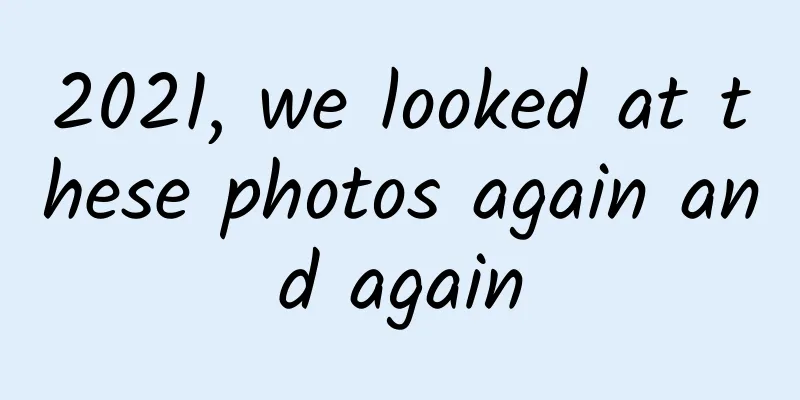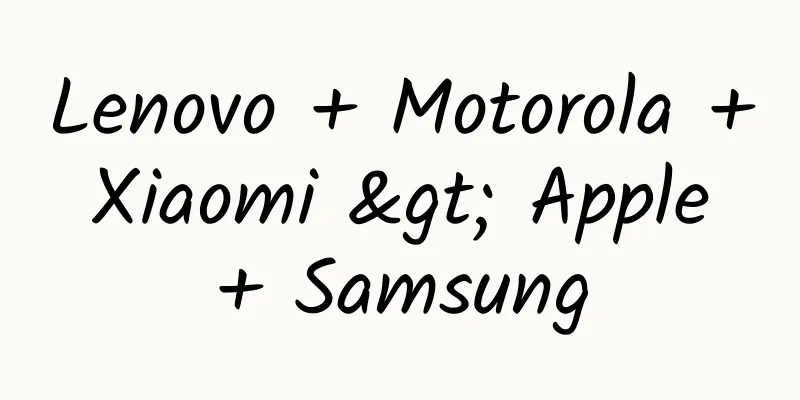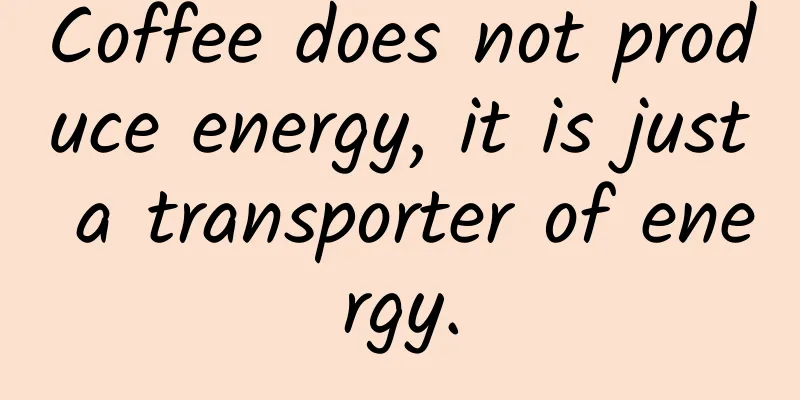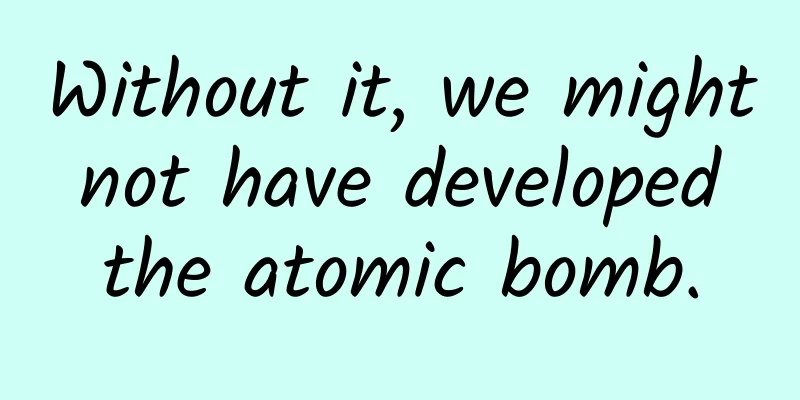The "American consensus" on blockchain has been formed: embrace technology instead of blocking it
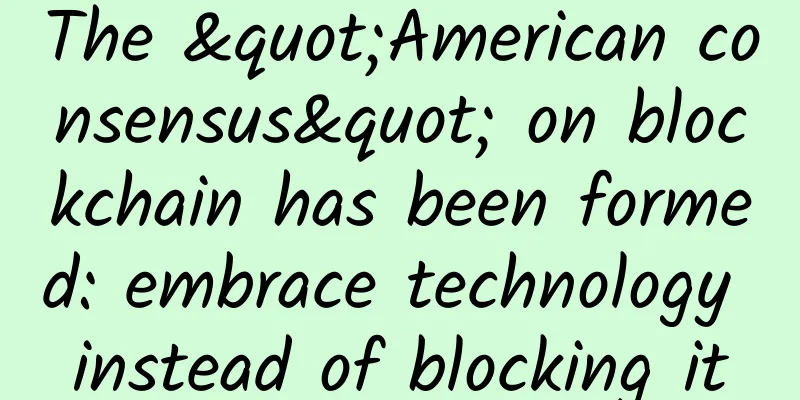
|
The United States is already taking drastic action, while you are still watching. The first person to propose blockchain technology, Satoshi Nakamoto, was once thought to be an American. Although this is just a misunderstanding, the United States is indeed the cradle of new technologies and the most powerful promoter. Just yesterday, at 10 a.m. on February 14, Eastern Time, the U.S. House of Representatives held its second blockchain hearing, with the theme of "Beyond Bitcoin: Emerging Applications of Blockchain Technology." Compared with the first hearing on February 6 a few days ago, the content has expanded from virtual currency and securities to an infinitely broad range of application scenarios. The global media paid too much attention to the first hearing on its impact on the Bitcoin market and possible regulatory measures on ICOs. In fact, the hearing conveyed the message of "no ban (no harm)", that is, the basic attitude of cautious regulation and even optimism. The theme of the second hearing, "Beyond Bitcoin", raised the blockchain to a "transformative technology" and discussed application scenarios covering finance, business and government efficiency improvement. Tang Yiduan, the founder of Zhitou Chain, pointed out that "although it is just a hearing, it is more like an endorsement." The hearing does not represent the will of the US government, but the consensus among regulatory officials, official think tanks and business leaders means that the "American consensus" on the large-scale application of blockchain technology is taking shape to a large extent. These consensuses are "national consensuses" that go beyond the "consensus mechanism" at the blockchain technology level, and their connotations include "embracing technology, remaining open, being ready to apply it to commercial and government business, and being committed to investor and consumer education." The first hearing focused on virtual currencies, with the main speakers including Jay Clayton, Chairman of the U.S. Securities and Exchange Commission (SEC), and J. Christopher Giancarlo, Chairman of the U.S. Commodity Futures Trading Commission (CFTC). They all share the view that blockchain technology has great potential. Jay Clayton expressed that he is "very optimistic that the development of financial technology will help promote capital formation and provide promising investment opportunities for institutions and enterprises." In his view, despite the challenges, the application of new technologies can promote regulation and protect investors, so he proposed to "embrace technology." Christopher Giancarlo also believes that "we are entering a new digital era in the world's financial markets" and "new technologies will enable the U.S. market to develop in a responsible manner and continue to develop the economy and increase prosperity." Due to the potential benefits of virtual currencies, he proposed the tone of "don't ban" in terms of policy. US financial regulators are optimistic about virtual currencies, but they are not doing nothing. The coordination and division of labor among various agencies include: the Securities and Exchange Commission (SEC) takes regulatory actions against unregistered securities products, whether they are virtual currencies or initial token products; national bank regulators mainly supervise virtual currency spot transactions through national remittance laws; the Internal Revenue Service (IRS) regards virtual currencies as property for capital gains tax; the Treasury Department's Financial Crimes Enforcement Network (FinCEN) monitors whether Bitcoin and other virtual currency transfers are for anti-money laundering purposes. The SEC and CFTC have determined that virtual currencies with value storage functions can be defined as commodities, and the nature of tokens issued by ICOs is securities. The second hearing had a broader vision. In addition to a wide range of business scenarios, it also involved the application of new technologies in government business and elevated the relevant applications to common beliefs. These beliefs include: shared trust is the cornerstone; blockchain is a transformative technology; blockchain must be open; and it is now ready for use in commercial and government business. During the hearing, speeches from Walmart, IBM, and NIST explained the current application of blockchain technology in their respective fields, the functions it already has, and the expected future applications. Speeches from the Congressional Research Service revealed that the U.S. General Services Administration and the Department of Homeland Security are examining blockchain as a way to improve the efficiency of current government operations. Dr. Charles H. Romine, Director of the Information Technology Laboratory of the National Institute of Standards and Technology, who attended the hearing, said that blockchain is an exciting technology that has the potential to truly address business and consumer needs using a strong and proven trust model. In the field of blockchain standardization, NIST is actively participating in the development of document standards based on consensus and at national and international levels. Aaron Wright, clinical associate professor and co-director of the blockchain program at the Benjamin Cardozo School of Law, said that the U.S. government has a unique ability to influence the development of blockchain technology by formulating laws and regulations, and can implement a favorable regulatory framework to protect companies that experiment with blockchain and conduct thoughtful and neutral supervision. He even encouraged Congress to consider appointing a "National Blockchain Commission" that aims to consolidate the United States' technological position by exploring ways to invest in blockchain-related research (such as through awards or other means). Looking back at the development of Internet services such as e-commerce, online payment, and online credit in China, we can find an important feature: the private sector always takes the lead in trial and error, and when the development is close to maturity, the "national team" will follow up, imitate or participate, or even lead the integration. For example, in the field of credit, Sesame Credit, which is based on Taobao platform transactions and Alipay data, has been widely recognized by the society. Credit platforms with giant backgrounds such as Tencent Credit have been launched one after another. Then, the China Internet Finance Association, as a representative of the "national team", took the lead in establishing Baihang Credit. In the field of virtual currency and blockchain, a similar development process may reappear. Perhaps influenced by the Chinese government’s attitude towards virtual currency, there is no consensus description recognized by the whole society in the development and application of virtual currency (digital currency) or blockchain technology. However, in the private sector or business community, potential consensus in this regard has long existed. Although controversy still exists, the degree of consensus is getting higher and higher. For example, regarding the "currency attributes" of virtual currencies (digital currencies) such as Bitcoin, in terms of credit endorsement, acquisition costs, currency stability, and the breadth of holders, if measured from the perspective of traditional finance, it is indeed difficult to immediately establish whether Bitcoin can become a currency. However, considering its decentralized technical characteristics (corresponding to the credit endorsement problem), "mining" constraints (corresponding to the acquisition cost), and short-term tools for cross-currency exchange (corresponding to the currency stability problem), Bitcoin may be regarded as a "currency of currency". Not only that, Bitcoin has been accepted by more and more people in terms of labor payment, and its circulation function as a currency has been substantially confirmed. This is a manifestation of a "civilian consensus". In terms of the development of blockchain technology, since there is no policy ban, major platforms have laid out businesses such as cross-border payment settlement, anti-fraud, asset management, and data bills. Tencent released a white paper on blockchain solutions in April 2017, which will provide enterprise-level services for the "Tencent Blockchain" solution. According to recent news, Ant Financial is building a blockchain platform, adding trusted network capabilities based on Ant's many years of distributed architecture capabilities, and also plans to launch a blockchain platform that supports large-scale transactions, which will have more scenarios running on it. For further applications, the recent hot "robo-advisory" interacts with the blockchain field, giving birth to the Intelligent Investment Chain (IIC), which has become the focus of capital pursuit. Its intelligent investment coins, issued based on the underlying Ethereum blockchain, have attracted market attention because they have broken through the token functions of other currencies and formed a basic tool for users of the intelligent investment platform to perform strategy execution, project initiation and other functions. Although there is no unified definition among the public, related concepts such as "blockchain revolution" and "the future has come" from translated works or discussions by industry leaders have been widely accepted. At the same time, the "national team" is also very enthusiastic. As early as 2016, the State Council issued the "13th Five-Year National Informatization Plan", in which blockchain technology was included for the first time. In January 2017, the blockchain-based digital bill trading platform promoted by the central bank was successfully tested and launched. Looking at the actions of commercial banks, in April 2017, China UnionPay and Everbright Bank jointly used the blockchain platform to build a multi-center trusted POS electronic purchase order system; in July 2017, Minsheng Bank and CITIC Bank cooperated to build a blockchain project-BCLC letter of credit business system went online; in August 2017, Agricultural Bank of China jointly launched an e-commerce supply chain financing product for "agriculture, rural areas and farmers" customers with the blockchain platform; in December 2017, China Merchants Bank joined hands with several commercial banks to realize cross-border RMB remittances using blockchain technology. Therefore, blockchain technology is changing financial civilization and commercial civilization. This is obviously a "reconstruction" of human civilization, and it is not an exaggeration to call it a "subversion." Virtual currencies such as Bitcoin are just the first trials of blockchain technology. The future status of Bitcoin, the significance of ICO for futures and securities, and the application of blockchain technology in finance, commerce, social welfare, and public services will completely refresh human cognition. As a winner of Toutiao's Qingyun Plan and Baijiahao's Bai+ Plan, the 2019 Baidu Digital Author of the Year, the Baijiahao's Most Popular Author in the Technology Field, the 2019 Sogou Technology and Culture Author, and the 2021 Baijiahao Quarterly Influential Creator, he has won many awards, including the 2013 Sohu Best Industry Media Person, the 2015 China New Media Entrepreneurship Competition Beijing Third Place, the 2015 Guangmang Experience Award, the 2015 China New Media Entrepreneurship Competition Finals Third Place, and the 2018 Baidu Dynamic Annual Powerful Celebrity. |
Recommend
How to carry out a systematic revision? An in-depth analysis of JD APP 11.0!
In an external environment disturbed by uncertain...
Why can’t I check the battery health on my Android phone?
As we all know, the iPhone has added the battery ...
How to establish a new user growth system?
As traffic becomes more and more expensive and cu...
Brand Tmall Self-broadcasting Methodology
Brands’ self-broadcasting on Tmall presents both ...
APP UI design trends: moving for good design
Pleasing animation has become a must for an app, ...
Kelly Blue Book: Tesla ranks third on the list of the most popular luxury cars in the United States in Q4 2021
Kelley Blue Book, an authoritative American autom...
Governing Smart Cities: A Policy Benchmark Report on Smart City Development
This report, Governing Smart Cities, provides a b...
Xu Su Zhihu Nuggets Training Course 3.0
When I stepped out of campus and faced the real s...
The average broadband download speed is over 600KB/s, which is faster than the contract value.
Recently, the Broadband Development Alliance unde...
How to promote products through free promotion strategies?
The product has been launched and a free-to-use s...
"Canned yellow peaches" are sold out! Can they relieve COVID-19 symptoms? Are these 4 methods of recuperation and disease prevention reliable?
With the relaxation of epidemic control, various ...
Attention! Do not take painkillers for stomachache!!!
With the increasing pressure of work, the acceler...
up to date! Data rankings of 59 information flow advertising platforms!
The following is the latest traffic ranking of 59...
The new version of the APP is launched. Have you done these operations?
The APP has just been launched, so naturally ther...




